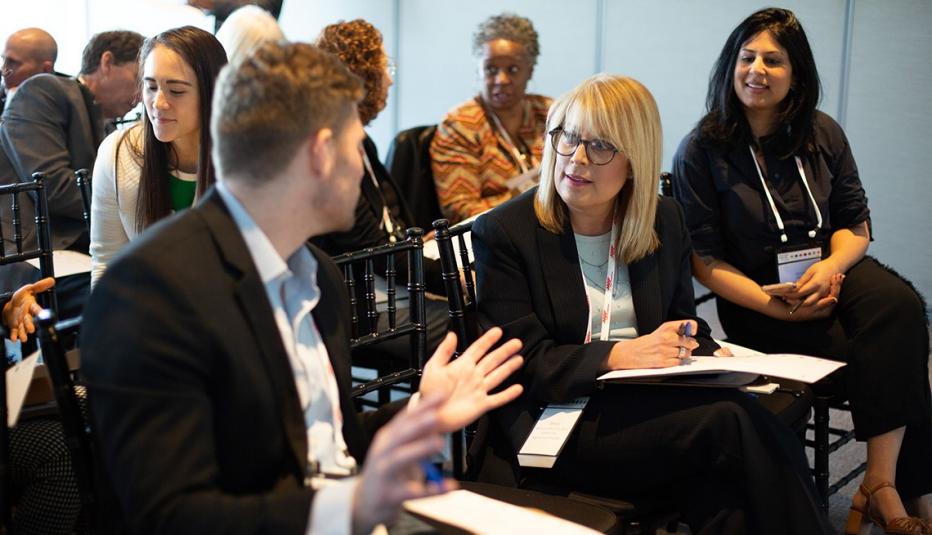WATCH THE RECORDING
Nov 9, 2020 1:00pm ET
The health and economic ramifications of COVID-19 have increased the urgency of finding and scaling solutions to boost the financial stability and security of US households.
New research from the AARP Public Policy Institute demonstrates that being able to build even modest liquid savings can help buffer individuals in times of financial uncertainty.
And new findings from Aspen Institute Financial Security Program and the Consumer Insights Collaborative make clear that peoples ability to build, use, and replenish savings helps families be financially resilient against shocks and allows them to invest in family well-being and economic mobility.
Together, these studies underscore the critical importance of short-term savings for the financial security of all households, and especially so for low- and moderate-income households.
But what are the barriers to building these savings, and how can savings programs, products, and policies support people to build, use, and replenish this critical resource?Join the Aspen Institute Financial Security Program and AARP Public Policy Institute for a digital discussion about these new findings and how to apply their respective lessons to program, product, and policy design.
Job Loss, Health Problems Worsen Debt Among Adults 50+
A new AARP survey on debt among adults 50+ reveals that crises such as job loss, health problems, and the high cost of living can worsen debt problems.

Saving for Retirement Is a Struggle for Older Chicagoans
Three quarters of metro Chicago residents ages 45 and older are anxious they arent saving enough to live comfortably in retirement, AARP found.
AARP & the US Chamber of Commerce Present: Emergency Savings: Where We Are and the Way Forward
AARP and the U.S. Chamber of Commerce are excited to present a one-day, in-person conference titled Emergency Savings: Where We Are and the Way Forward.
Priority Issues for U.S. Women Age 45+
Reports on questions pertaining to the financial standing, security, and future of American women 45-plus, asked as part of AARP Research’s larger Vital Voices research.





